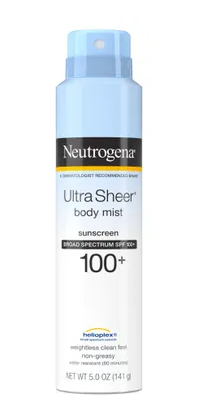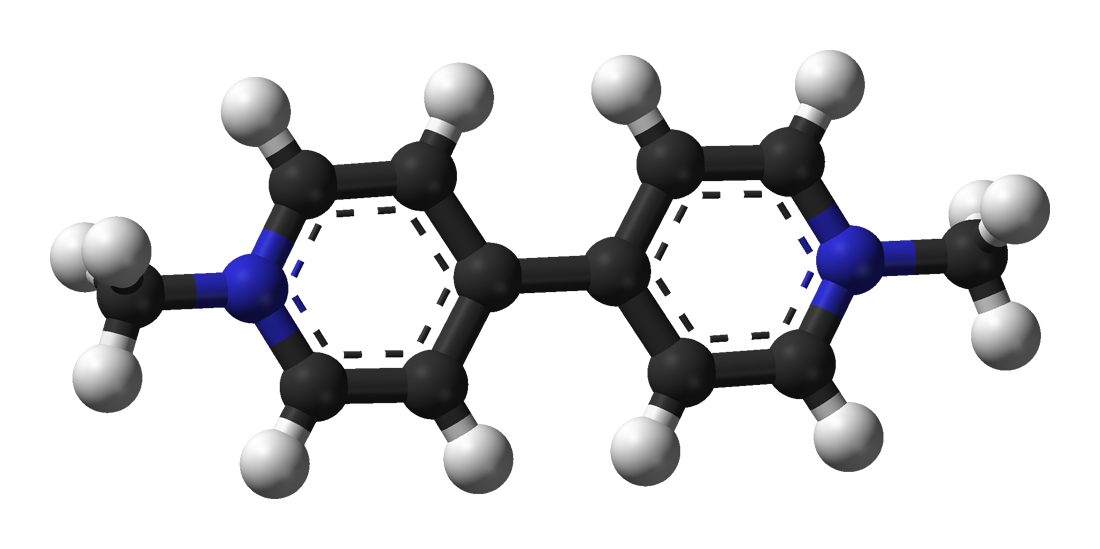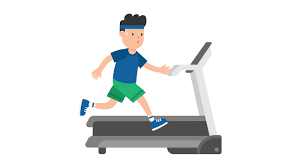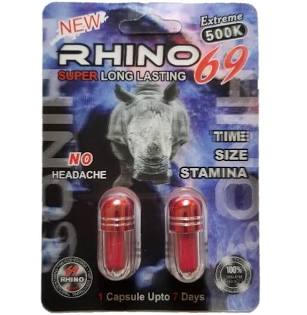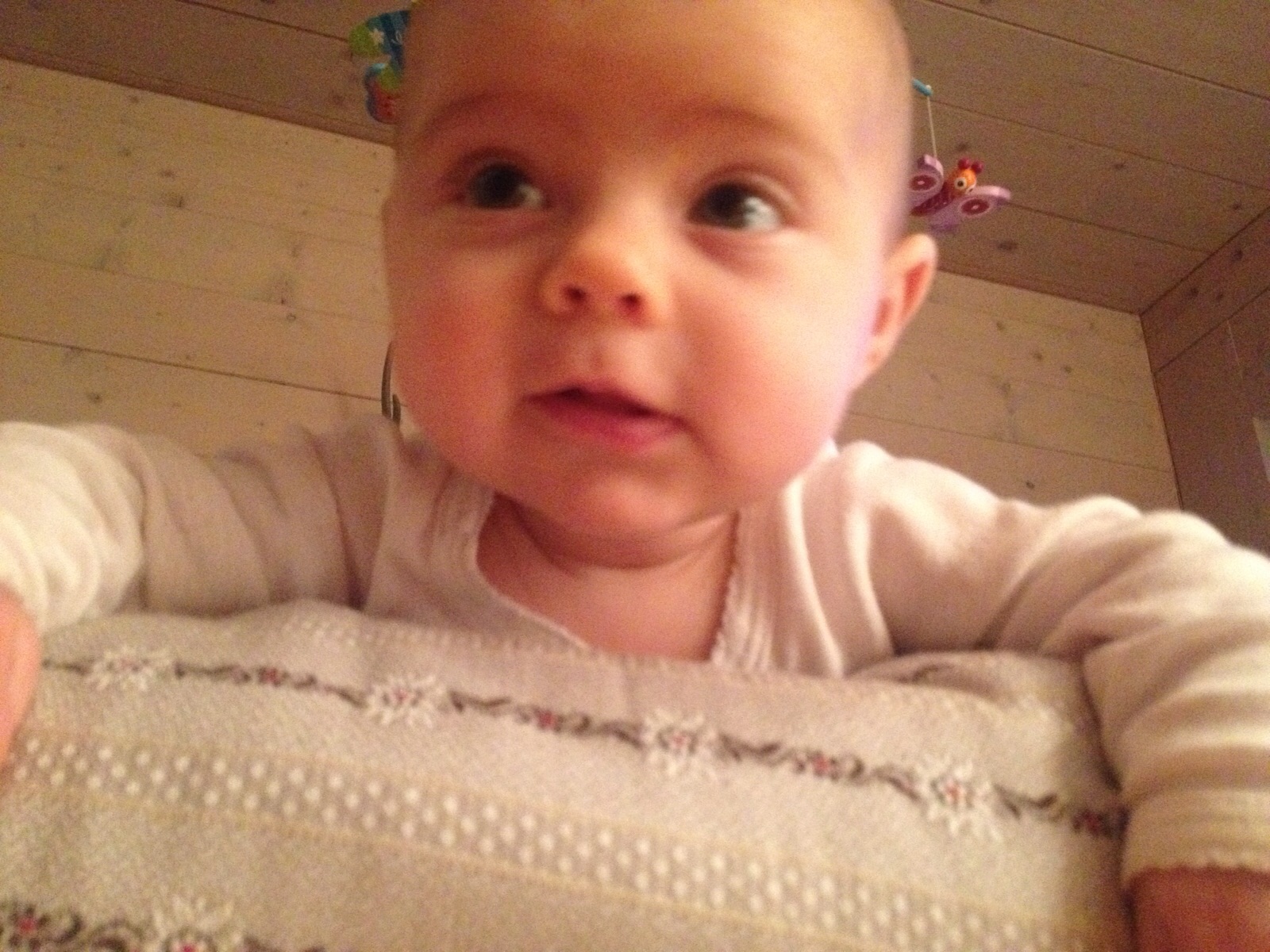Patient deaths associated with the use of medical devices mislabeled as injuries in FDA medical device database
 Many defective medical devices might still be used by medical professionals because deaths that occurred when using these devices are being mislabeled as injuries in the FDA Medical Database according to a study published last week in JAMA Network. The study looked at 290,141 reports of defective medical devices that resulted in serious injuries or deaths that were processed by an algorithm. They found that 52% were classified as deaths and 47.9% were classified by the algorithm as malfunction, injury, other or missing. Among these 47.9% that were not classified as death, 23% of these reports were indeed death reports that were not classified proprely by the algorithm. As a result many deadly devices might still be used on patients. The FDA must review all reports classified as death but does not routinely review all reports that are classified as other or misfunction.
Many defective medical devices might still be used by medical professionals because deaths that occurred when using these devices are being mislabeled as injuries in the FDA Medical Database according to a study published last week in JAMA Network. The study looked at 290,141 reports of defective medical devices that resulted in serious injuries or deaths that were processed by an algorithm. They found that 52% were classified as deaths and 47.9% were classified by the algorithm as malfunction, injury, other or missing. Among these 47.9% that were not classified as death, 23% of these reports were indeed death reports that were not classified proprely by the algorithm. As a result many deadly devices might still be used on patients. The FDA must review all reports classified as death but does not routinely review all reports that are classified as other or misfunction.
The most dangerous of all medical devices were the ventricular assist bypass devices. These devices represented 13% of all adverse event reports. Coming in second position was the dialysate concentrate for hemodialysis in liquid or in powder with 8.7% of all adverse event reports. The third most reported defective devices were the transcervical contraceptive tubal occlusion devices with 5% of all adverse reports.
The authors of the study also mention that 95% of the adverse event reports were made by manufacturers and not by healthcare facilities or physicians which might constitute a conflict of interest. The authors note that delays in reporting serious injuries or deaths were common. An example of this issue was the Essure permanent birth control device. 32,000 women reported issues with this device between 2002 and 2013 while the FDA only received 1,023 reports.
 New York Personal Injury Attorneys Blog
New York Personal Injury Attorneys Blog


